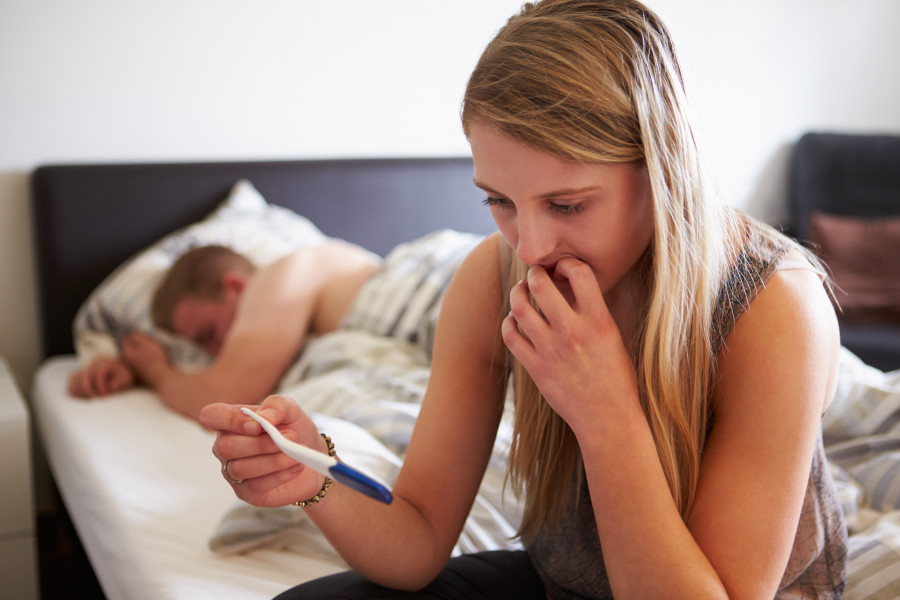For pregnancy tests, false positives are pretty rare, but false negatives do occur. Here’s why, along with some tips to help you feel more confident that you have a true result you can trust.
How many of us have performed more than one pregnancy test, just to be sure? Or bought a three-pack of tests, knowing we wouldn’t be satisfied with taking just one? Are we crazy – or should we not trust the results of our home pregnancy tests?
Although ads claim that home pregnancy tests are 99% accurate, a recent study found that their actual precision varied from 54% to 97% accurate on the first day of a missed period. The First Response brand scored the highest.
False positives (a test that comes out positive when you’re really not pregnant) are pretty rare, but false negatives (a test that comes out negative when you really are pregnant) do occur. Here’s why, along with some tips to help you feel more confident that you have a true result you can trust:
Causes of a false negative test result (when you really are pregnant):
- The most common reason for a false positive test result is that the test is done too soon and there is too little hCG in your urine. Human chorionic gonadotropin (hCG) is made by the placenta. It cannot be detected until the fertilized egg attaches to the uterus, usually 6 to 12 days after ovulation. If the pregnancy test is done too soon after conception it may be too early to detect a rise in hCG.
What you should do: Wait a week and retest. Waiting at least 14 days from the date of the sexual activity that may have led to conception is more accurate than taking the home pregnancy test when you miss your period. This is especially true if you have an irregular menstrual cycle or you’re not sure exactly when your last menstrual cycle began.
- The “hook effect”: This is complicated but essentially what happens is that there is too much hCG in the urine. The test is made to detect hCG levels between 27 and 233 thousand parts per million. If there is too much hCG present, the test cannot detect it. This is very uncommon and is usually seen in cases of gestational trophoblastic disease (a molar pregnancy).
What you should do: If your test is negative but you have symptoms of pregnancy or you don’t know why you missed your period, schedule an appointment with your health care provider.
Causes of a false positive test result (when you really are not pregnant):
If your test comes out positive, you are probably pregnant. False positive pregnancy tests are rare but may be caused by:
1) Not performing the test properly or the test you used is past its expiration date
2) “Phantom hCG” — the test detected hCG from other sources such as:
- hCG left over from a very early miscarriage
- hCG from an infertility treatment (which should be out of your system by two weeks after the injection)
- hCG from other bodily sources like a tumor, a molar pregnancy, or the pituitary gland (usually in menopausal women).
3) Antibodies in your system that interfere with the antibodies in the test. This is also uncommon and usually occurs in women who work with animals or who were recently exposed to mononucleosis or who have immune deficiency syndromes.
What you should do: Repeat the test in one week following the instructions carefully. Consult your health care provider if the result is still positive, especially if you think you can’t be pregnant.
Medications do not cause false positive pregnancy tests. Unless you are being treated with a drug that contains hormones or antibodies, like infertility treatments, some weight loss regimens, and androgen products used by athletes, your medications will not interfere with a pregnancy test’s results.
By following these tips, you will have more confidence in the results of your home pregnancy test. If the results don’t make sense to you or are not in sync with what your body is telling you, contact your health care provider. They’ll help you make sense of what’s going on.

